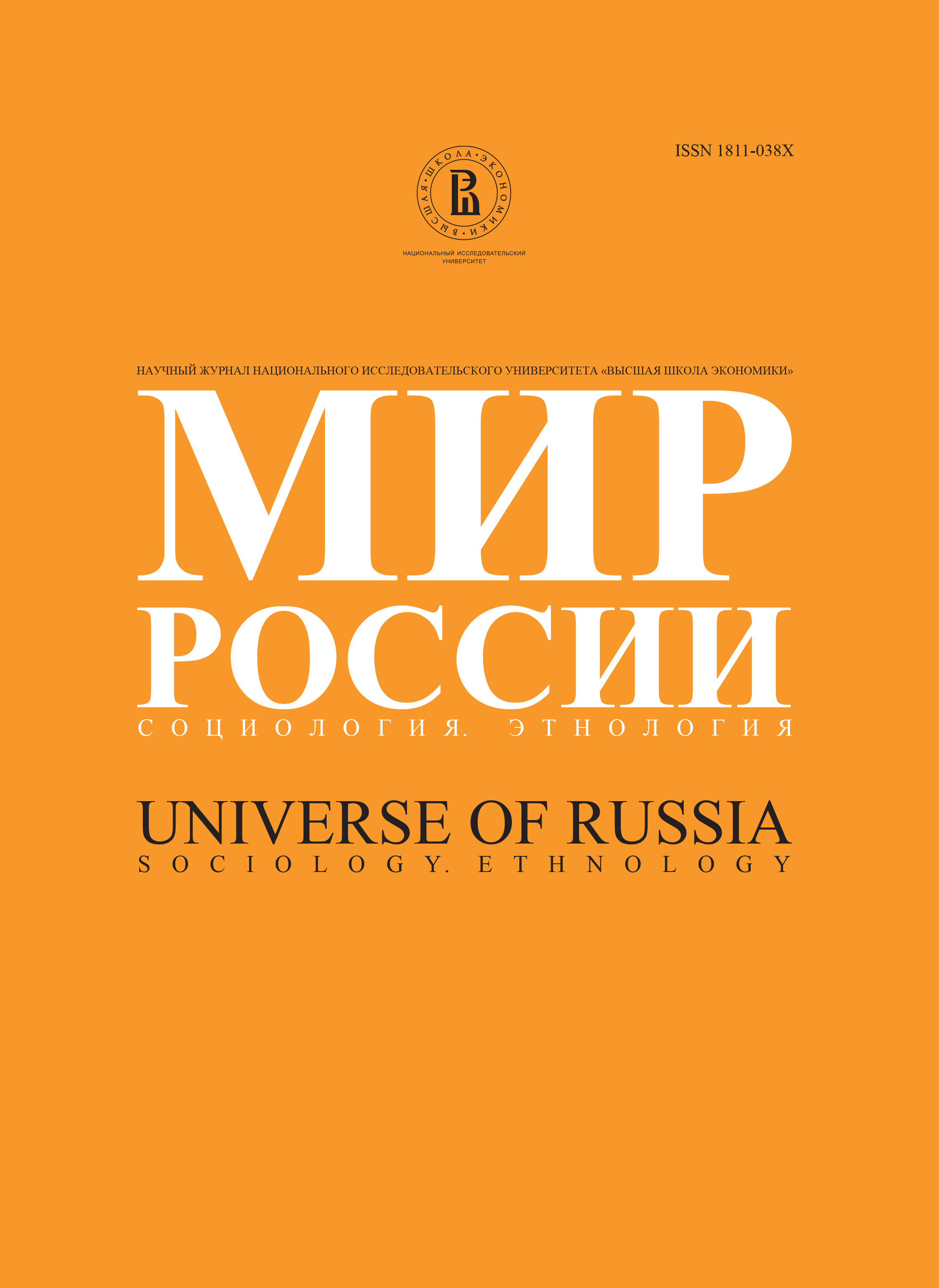New Paradigm of the Rural Development
Abstract
Having the long experience in rural studies, the authors present their own understanding of the future of Siberian communities’ assuming a multifunctional character of rural communities and multiplicity in rural economy and way of life as well as considering an objective to develop human resources as a priority. Three correlated issues are under study: is rural territory homogeneous as a subject for strategic planning? what is the object for strategic planning in rural communities?, and should the paradigm of strategic development be inevitably changed turning from a medium-range perspective to a long-range one? Typological analysis of social-economic development and agrarian production efficiency in the rural areas of the Novosibirsk region was applied to test the concepts of well-known economic-geographical theories on phase development of the agriculture. Depending on their market proximity as well as nature and climate conditions, rural areas, even within one Russian region, are developing along different paths and are differently positioned in space and time, and represent, in fact, different social worlds. At the periphery, the former kolkhoz’es and sovkhoz’es are falling with time into utter decay, and the settlements, left without a big employer, are transforming into deprived social enclaves with high degree of unemployment and poverty. To survive, the local people are engaging in strenuous self-exploitation at private farm holdings, collecting ‘gifts of nature’ seeking work in other industries, etc. In the suburban areas, agricultural producers can provide not only for simple but also extended reproduction, obtain resources for technical re-equipment, and pass on to a higher technological level. Since the villagers here have a choice between employments not only in the rural but also urban economy, this leads down the need for running private farm holdings. Therefore, a differentiated approach is required to work out the strategy and tactics of rural area development, social and economic policy measures, and implementing a new rural settling model. It is apparent that in so vast a country as Russia there could not be a unified pattern for agricultural development and combination of different management models. A new agricultural development paradigm proposes a change in the targets, i.e. transition from state paternalism to rural area development based on local resources and partnership between the government, business, and population.
E-mail: zima@ieie.nsc.ru.
Key words: agrarian economy, strategic planning, territory, population, human resources






